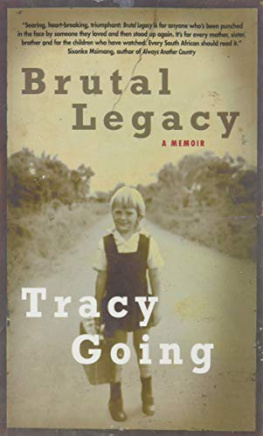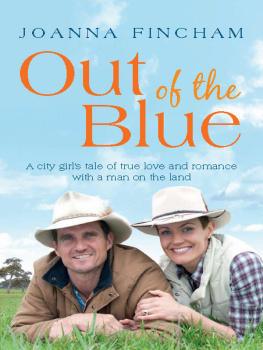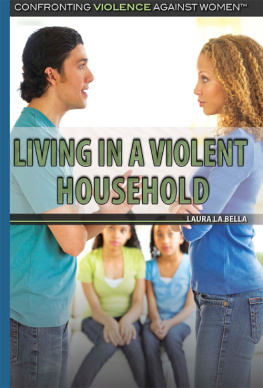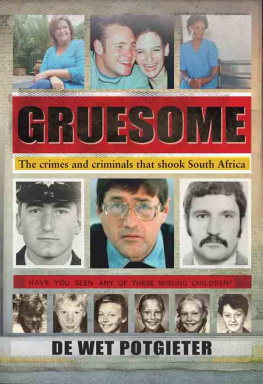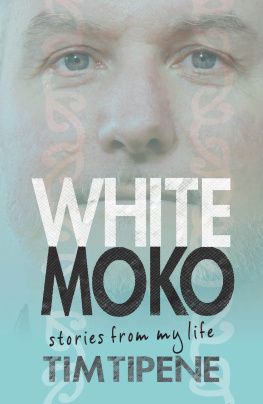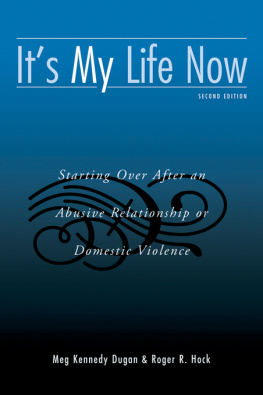This book is based on my memory and events as I recall them; however, a few names have been changed to protect the privacy of the people involved.
All rights reserved.
Prologue
He murdered her.
Who? Who murdered who?
Oscar. He murdered his girlfriend, Reeva Steenkamp, I repeat.
What happened? My husband is still half asleep.
I set my coffee cup aside, adjust my glasses and read the story out loud.
But it says he thought she was an intruder?
He murdered her.
Really, you were there? You know what happened? he snaps, now fully awake.
He murdered her I know.
It is Valentines Day 2013.
There had been mutterings that Oscars not who you think he is Former girlfriends telling stories, friends sharing details of wild times, tales of debauchery. Wed all witnessed his tantrum on the track, the display of bad sportsmanship broadcast across the world when he lost to Brazilian sprinter Alan Oliveira in the 200-metre final at the Paralympics.
And now hes killed Reeva.
Shot her. Four times.
Oscar Pistorius the Blade Runner, the man who brought the nation together as he sprinted across the track in his Cheetahs, his prosthetic legs, shaped into those of the fastest animal on earth, dressed in the yellow and green of our country has slain his girlfriend. The man who wed cheered as he raised his arm in victory, the tattoo on his left shoulder visible, engraved for all of us to see, I do not run like a man who is running aimlessly, had fired his weapon and, it seemed, not aimlessly.
Wed forgiven him his previous transgressions. Wed let it go that he had a temper, that he always wanted to win, that he was reckless. But not this time. Not for murder.
And, like millions of others, I am going to demand atonement for this heinous crime.
Ill follow his trial and make sure he doesnt get away with it. And I do, but as it all plays out, I fall apart.
My life has been crumbling around me for a while, but when I immerse myself in the vague truths, the endless denial, the self-serving lies and the dank deception that emerge during Oscars court case I am transported back into the opacity of my own past and am left teetering.
As I sit in front of the television, watching for hours, days, weeks and then months, I am unable to pull myself away. And when Im not watching the trial as it plays out in real time, I record it and view it later, deep into the night, sleep stolen from me as I pause, play and rewind.
It seems the blood of my own hurts is steadily seeping through the bandages of my life and the stains are spreading. I realise that time has only bought distance, that forgetting has not been enough. So, as my wounds suppurate, I take on this murderous matter and, ultimately, it becomes Me versus Oscar.
Me versus The System.
And I do not let go.
I follow the testimony of Michelle Burger, the neighbour who had heard a womans screams, gunshots and then nothing.
I feel her anguish when she is belittled before the court.
Miss Burger, do you want to be addressed as Miss Burger or Mrs Johnson? asks the defence advocate.
My title is Doctor but youre welcome to call me whatever you like, she says.
Madam, snorts the defence without missing a beat, entirely dismissing who she is, am I right that at least we know one thing about the context of your testimony and it is this that you stand there believing that Oscar Pistorius lies and that he lied at the bail application?
His tone suggests that nothing could be more ridiculous or outrageous.
Your honour, I can only tell you what I heard that night and so I tell it to the court, she replies earnestly.
Did you understand my question?
And he repeats that question again and again and again, as though she were a simple, silly woman.
At some point Dr Michelle Burger finally accedes that she hadnt used the words fear-stricken, petrified in her original statement. The fear-stricken, petrified screams of a woman.
I admire her for sticking to her testimony despite all the attempts to discredit her, suggesting that she is lying or exaggerating before the court. I am disappointed that she doesnt want to be identified on camera. I want to see, know who this courageous woman is. I want to apologise for the way she is being treated.
As the court case continues, I throw myself into the timelines of events and try to piece together what I think really happened. I analyse the contents of the cellphone messages and, alone in front of my TV screen, I dissect them for hours on end. I see the pattern of how Reeva had been placating Oscar and I believe I understand why she had pandered to his moods.
I follow the commentary of the panellists as they deliver their expert opinion between court sessions. I hang onto all their thoughts and opinions, but it is psychologist Leonard Carr, in particular, whom I want to hear. He had been my psychologist during my civil trial, when I needed expert opinion, and as I listen to his measured, insightful responses on TV, I realise that he really understands; he understands the pattern of control, the abuse, the power. I regret that I hadnt really known it all those years ago. As I watch him, I wish I had trusted him more, been more open to his perceptive thoughts and qualified opinions. Perhaps my healing would have been easier.
So, as I negotiate freedom from my own flashbacks and work to regain control of my life, to find enthusiasm for another tomorrow, I am relieved when it is finally all over, when the verdict is passed.
Then comes the sentencing.
It is outrageous.
Reeva is another woman murdered. Like so many. So many raped and discarded, left for dead, a naked body lying in the open veld. Another woman beaten, bruised and battered. Choked and strangled. Groped on the street. Harassed. Threatened. Another pleading voice not heard. Reeva was murdered in life and now she is being denied in death.
If a convicted murderer, in a matter like this, with the entire world watching, is to spend less than a year incarcerated for his crime, what does that mean for the rest of us?
Why, as women, should we even bother?
What is the point?
Oscars court case and its outcome tear at the last of my tenuously woven veneer. Listening to the various testimonies and evidence brought before the court, and thinking of Reevas pain, her bewilderment, and imagining her last, desperate, dying moments, drag me into a choking darkness. I see danger in simple, everyday matters. Just standing beside my husband in the lounge becomes a moment fraught with fear when I realise how he could simply take my head and ram it through the window if he chooses. I know I am being irrational, but I am unable to help myself. My sense of self has disintegrated and, as simple living overwhelms me, I struggle to get through the day without collapsing in a heap and crying for hours.

